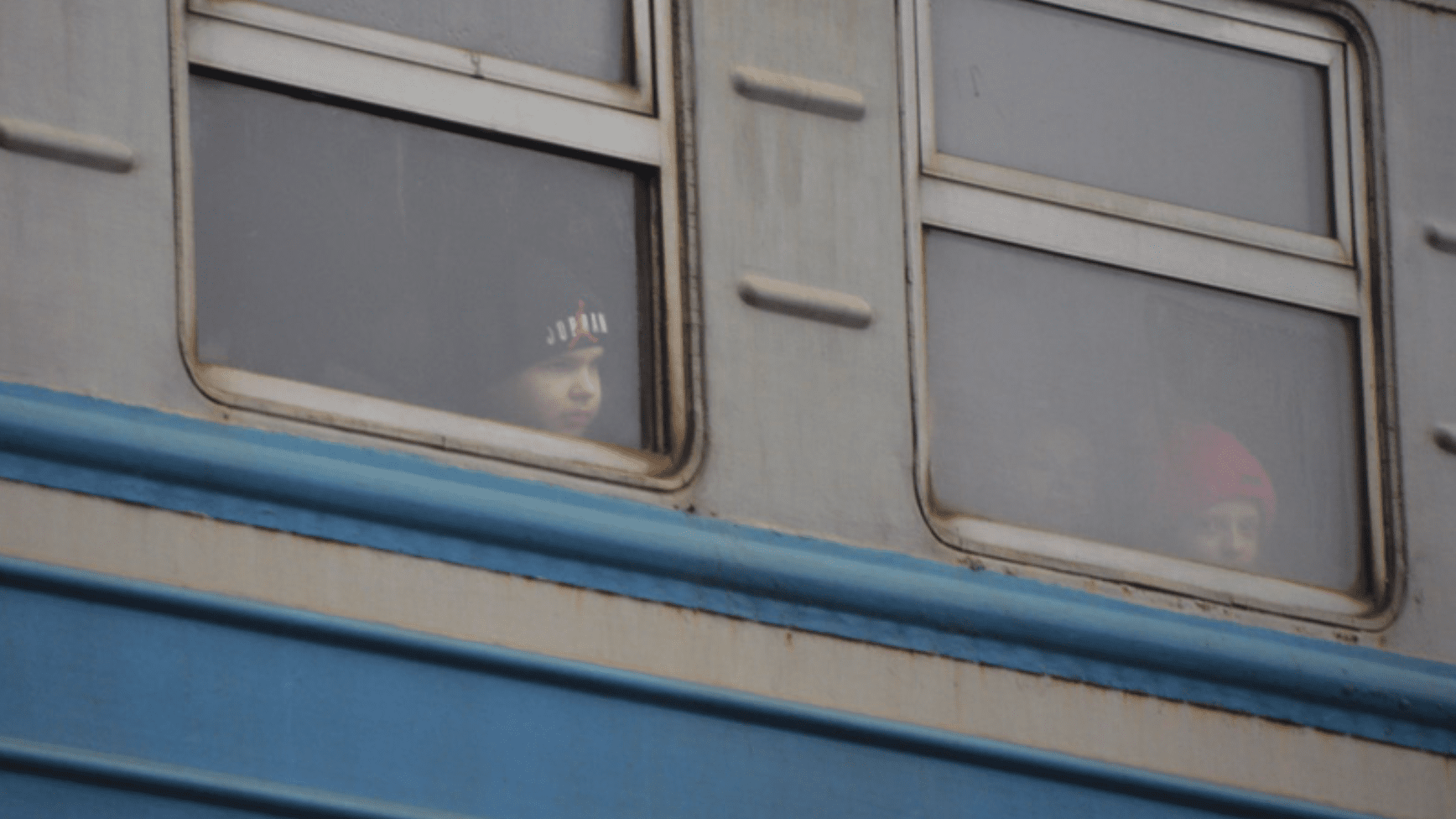
Within hours of the invasion of Ukraine on February 24, ADRA’s team within the country had already received hundreds of calls. As news of the conflict grew, people began reaching out to ADRA offices around the world. Everyone was asking the same question: How can we help?
As supporters shared their prayers and donations, and schools, churches, businesses, and others launched their fundraisers, ADRA’s work was already underway.
A crisis like this has unique challenges. ADRA’s staff in Ukraine aren’t just emergency responders; they are as affected by the war as the neighbors they continue to serve. They have been displaced from their homes, stayed behind as family members fled to safer locations, been locked down without food and water, and coordinated their work from underground shelters as bombs fell overhead.
They weren’t alone. ADRA’s global network quickly coordinated support and deployed international emergency response teams to Romania and Poland. These teams provided additional resources for those in Ukraine and helped ADRA teams in neighboring countries as they launched emergency projects for those fleeing the country.
At the time of writing this article, more than 7 million people are displaced from their homes within Ukraine, and around 6 million have crossed into neighboring countries and beyond. Men of fighting age are not allowed to leave Ukraine, so most of the refugees are women and children.
In the border centers where ADRA has been active since the earliest days of the conflict, those fleeing have shared their stories of heartbreaking loss and horrifying escapes.
Masha experienced every parent’s worst nightmare as helicopters fired upon a broken bridge she was trying to cross with her two small children. She held them tightly as she rushed into the cold water below, slipping across jagged beams and broken pieces of the bridge as they crossed before scrambling up the bank and running for their lives.
Elena was trapped in the devastation of Mariupol as the city was bombed relentlessly. She lost track of the days in a bomb shelter she shared with others with little food or water in freezing temperatures. When friends finally found her and took her to their home, the bombs soon followed. Her terrifying ordeal continued with a days-long escape through checkpoints and across active minefields.
Nina was only 1 when Nazis invaded her hometown in 1941. Her parents fled with her to safety in Siberia at the time, and now the 82-year-old grandmother is a refugee from war once again. Before making the decision to leave Ukraine, Nina stayed in her apartment because her limited mobility made it too difficult to get down to the shelter in her apartment building’s basement every time the air-raid sirens started again. As a second-time refugee, she is able to stay connected with her smartphone and carries precious memories with her on a flash drive of favorite photos.
Thanks to the generosity of supporters and partners, ADRA’s support is ongoing and will last as long as it is needed.
Within Ukraine ADRA’s work includes evacuating people from conflict hot spots, distributing emergency food, water, and hygiene kits, as well as providing cash support, which is crucial, as each person’s and family’s needs are unique.
In neighboring countries ADRA’s work in welcome centers at the borders of Romania, Poland, Slovakia, Moldova, and Hungary includes providing food and water, clothing, hygiene items and other essentials, children’s play centers, psychosocial support, and pet supplies.
ADRA’s work quickly expanded to include refugees from Ukraine in countries across Europe where local ADRA offices are providing additional support, including language lessons, legal resources, education support, cash, social activities and classes, toys, household items, and other essentials for long-term stays far from home.